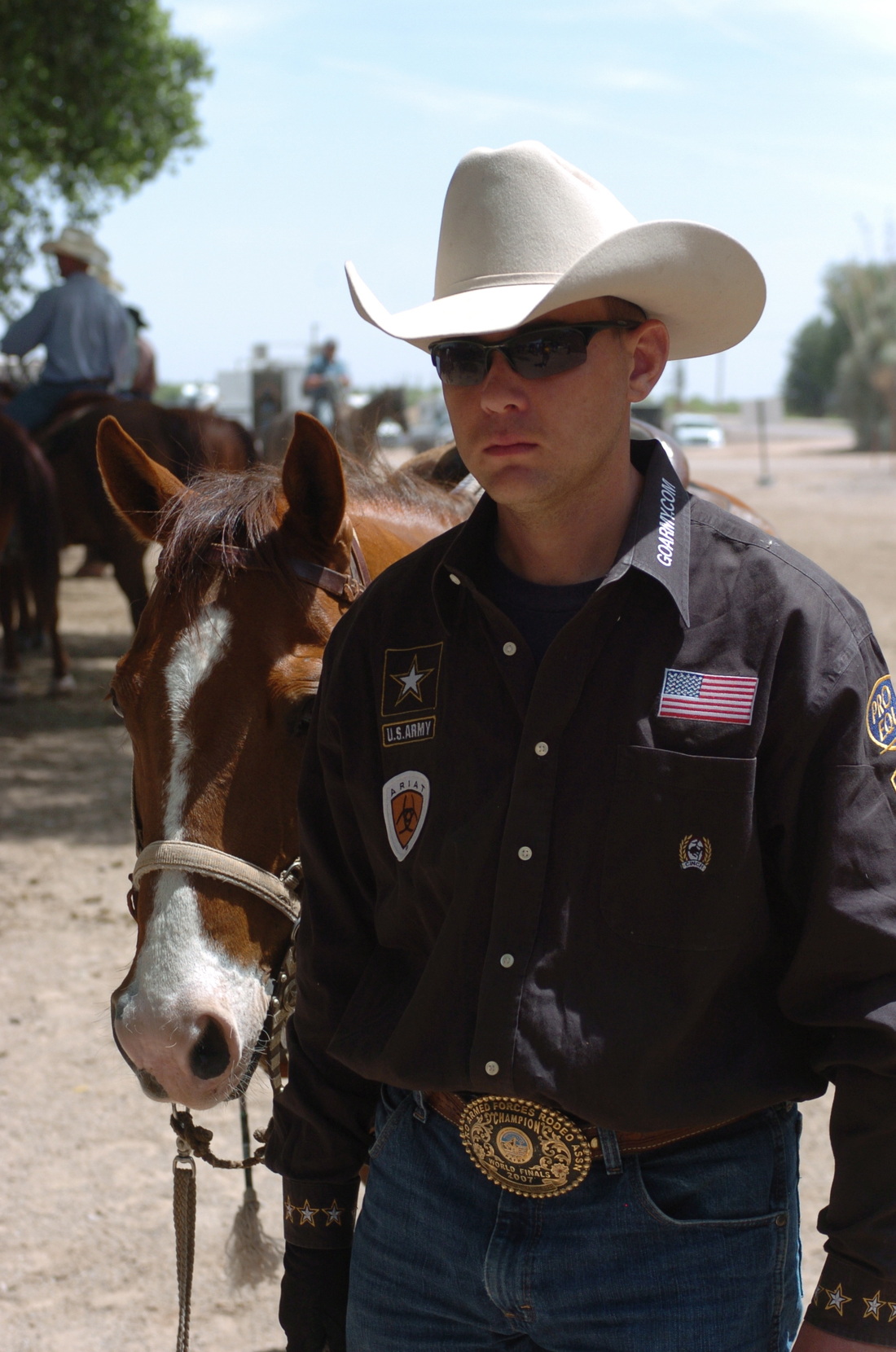| Thanksgiving weekend is a good time to take it easy and digest recent news events. In that spirit, here are some thoughts to nibble on: --President Obama caused a storm last week regarding immigration, but the most important thing his administration is doing on that front is secret, dangerous and no less controversial. The Wall Street Journal says U.S. marshals, who serve under the Justice Department, are donning Mexican Marine uniforms and helping in armed raids against drug dealers and other gangsters. Agents from the FBI and the Drug Enforcement Administration also help in a supporting role. Mexican officials deny it’s happening. They probably worry about a backlash in public opinion, considering Mexicans generally don’t want U.S. officials wielding guns in their country. The U.S. isn’t anxious to talk about it either, but a raid last July ended with a U.S. Marshals employee being wounded, making it difficult to keep the operation completely secret. |
| | Given the disastrous fallout from the administration’s “Fast and Furious” program four years ago, which was supposed to allow weapons to be traced to criminals but ended in the killing of a border patrol agent, this is a risky plan. It does, however, signal the administration understands that Mexico’s increasing culture of violence, in which drug gangs control large areas, is hindering prosperity and leaving many families with little choice but to seek a better life north of the border. While the illegal drug habits of Americans fuel a lot of the demand that enriches these gangs, the violence poses a threat to U.S. borders that must be addressed. --Speaking of the border with Mexico and immigration, James Pethokouis of the American Enterprise Institute revived an old plan this week by the late economist Gary Becker, who won a Nobel Prize for economics in 1992. The idea is to establish a market for American visas and let people pay their way into the country. Becker once explained that, to the enterprising immigrant, this would be an investment. Workers know they could increase their income by five-to-10 times by coming here. It also would help secure borders, as many immigrants who now pay outrageous sums to coyotes for help risking their lives to sneak over the border would have a safer option. He said the poorest people would be able to borrow the money, sort of like how poor students currently borrow money for a college education. I imagine some employers would want to advance the money for promising workers. It’s an intriguing idea, and certainly no worse than the system that currently exists. --One more thought on Mexico: Critics often have wondered how Mexico would handle an influx of Americans crossing the border illegally. Well, the Washington Post reports that it already happens. About 1 million or so U.S. citizens live south of the border (no one knows for sure how many). The difference is these are wealthy retirees who want to live where housing and living costs are low and the weather is great. Mexico has a visa for such people, however many of the Americans don’t bother to get one. But the country has changed its immigration laws and no longer imposes prison sentences for such violations. As with many things in life, being rich has its advantages. --Federal regulators are killjoys when it comes to rapid innovations. The Wall Street Journal says the FAA is ready to propose rules that would effectively destroy plans by Amazon, Google and others to use drones to quickly deliver items you order over the Internet. Among other things, the rules would require drone pilots to maintain eye contact with their craft. I understand the government’s concern about too many things buzzing around our heads, but the rule also would hinder such things as crop monitoring and pipeline inspections. A better idea would be to let innovations flourish, then deal with actual problems that pop up, so to speak. --The Salt Lake City Council has approved ride sharing, with limitations. Companies will need insurance, background checks and inspections. I never understood the opposition to those requirements, which seem like reasonable requests for public safety. |


 RSS Feed
RSS Feed

